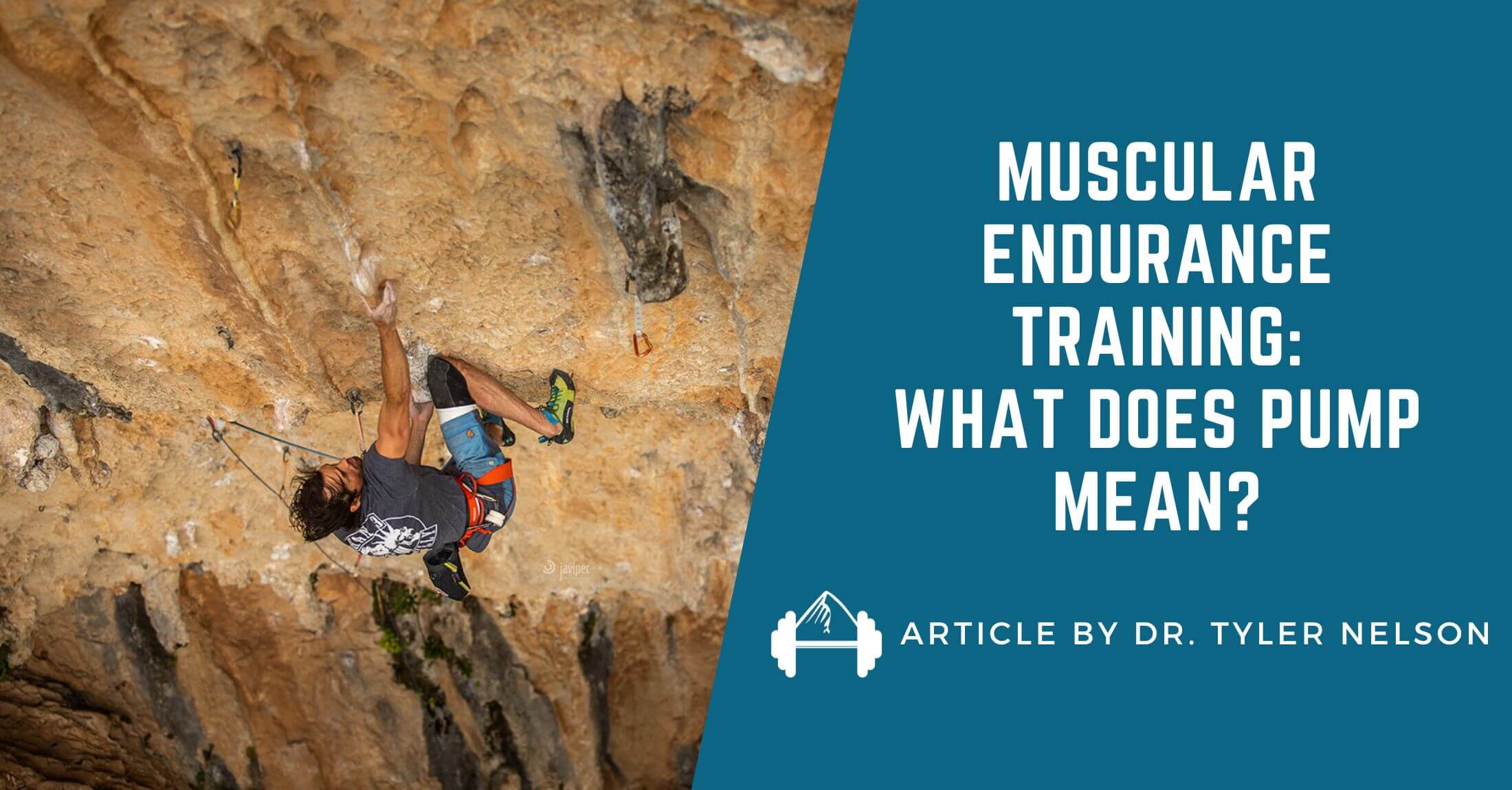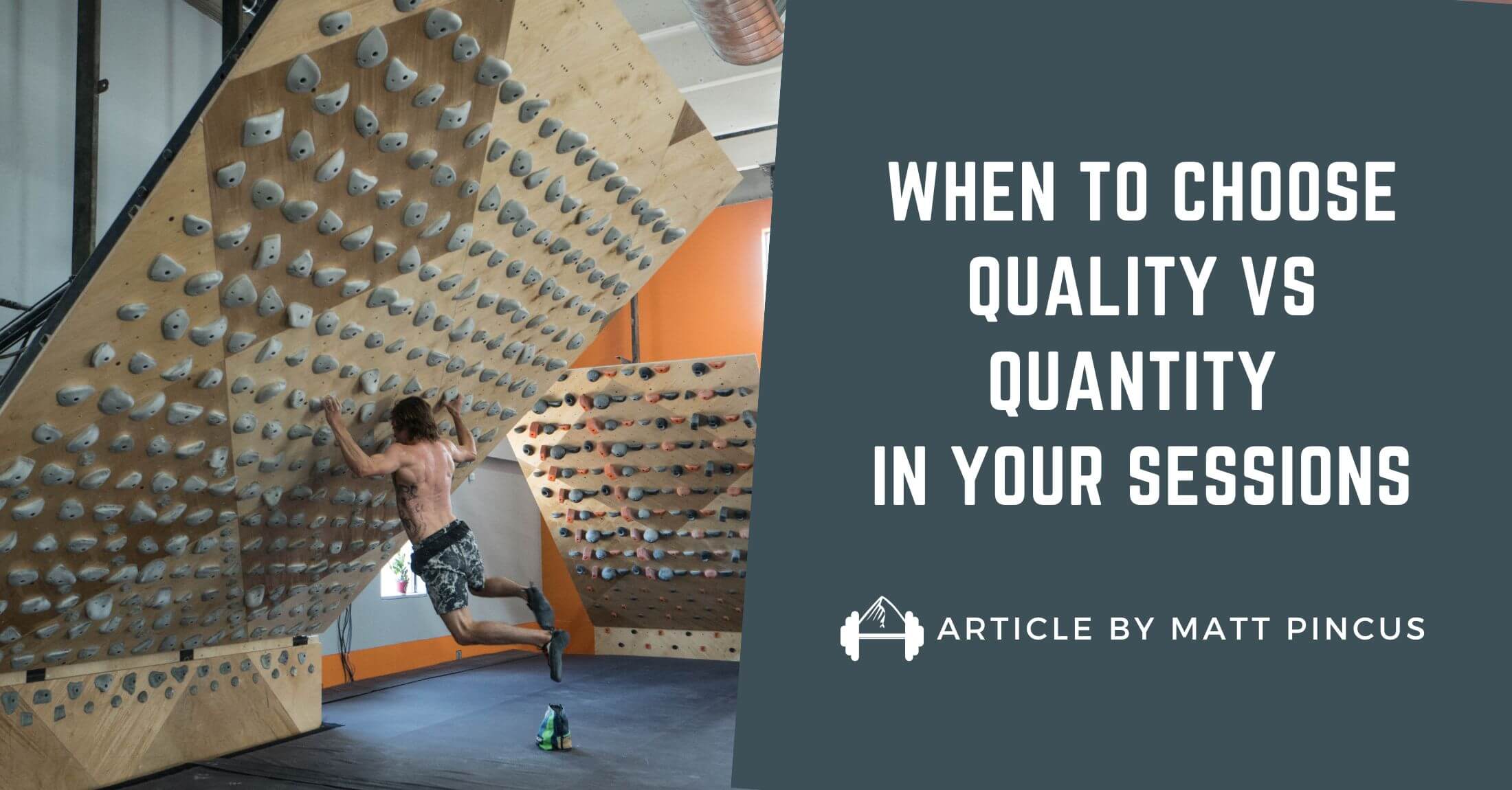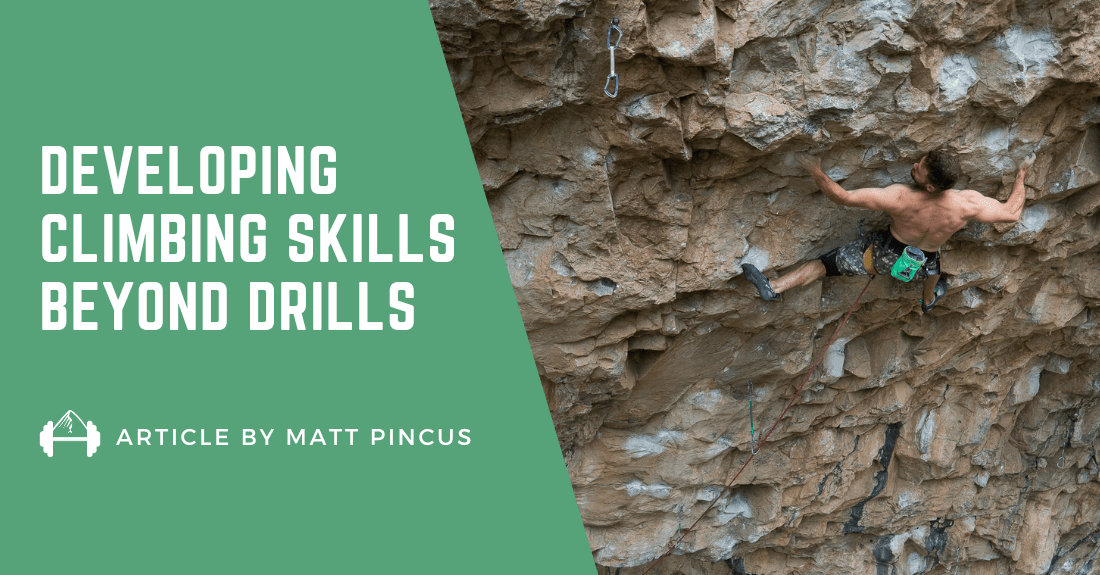Most training programs are scaled for novices, intermediates, and experts. If I had to guess, we are all guilty at times of ignoring the novice and intermediate programs because we think that the advanced program is the one that will produce the best results. However, here’s an article by Steve Bechtel of Climb Strong and author of our Strength Training Guide in which he revisits his intermediate bouldering program and cautions us against simply skipping to the advanced programs.
Earlier this spring we posted another article by Steve where he revisited his novice bouldering program and reminded us that training should be kept as simple as possible until a plateau is reached and adding in additional training is necessary for breaking through to the next level. In this article on the intermediate bouldering program, Steve continues making his argument that we should not just skip to the expert level training programs by urging us not to think of the terms novice, intermediate, and advanced as valuations of us as climbers but as levels of adaptive potential.
“The classifications Novice, Intermediate and Advanced are indicative of your level of adaptive potential, not your self-worth. If you can get your head around this concept, you’ll see that being a novice is a good thing – overloads based on daily or weekly cycles give you the biggest gains you’ll ever make, and the gratification is through the roof. If you’re reading about training, chances are you’ve been in the sport a while and are already maxing out on novice adaptations.” – Steve Bechtel
As Steve points out, once we stop thinking of these categories as part of our self-worth, we are able to train more appropriately for our own individual “training ages” and as a result hopefully see the biggest gains possible.
In the rest of this article, Steve gives a bird’s eye overview of his intermediate bouldering program and outlines two different styles of cycling: Alternating Linear Cycling and 3-Stage Accumulation Cycling. Click through bellow to see all of the specifics.
Whether you fall into the novice, intermediate, or advanced category, Steve’s points about finding the appropriate training program and volume for one’s level and training history are important and climbers of any ability level will benefit from giving this article a read and really thinking it over.
Click Here: Climb Strong: Revisiting the Intermediate Bouldering Program
Photo Credit: Matt Pincus; @mpincus87; Area: Joes Valley, UT; Climb: Worst Case Senario V9; Climber: Dustin Rasnick
Other Articles You Might Like:
- Intro to Training for Bouldering -Climb Strong
- 5 Things You Can Do to Improve Your Bouldering
- Bouldering Circuits
- 3 Crucial Principles of Training for Bouldering





Leave A Comment